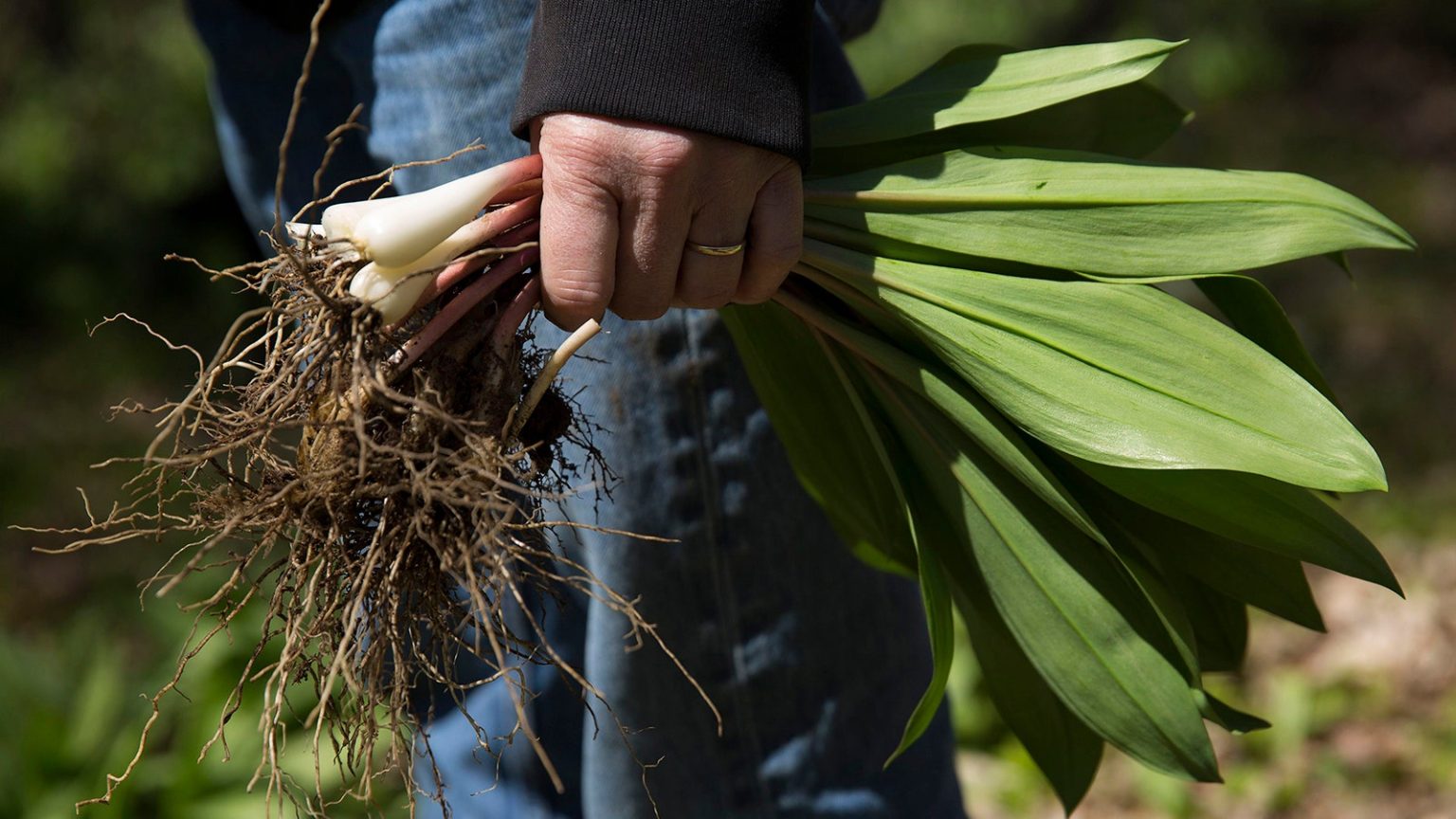Rick Bishop, a farmer and forager from Roscoe, New York, has spent years searching for ramps in the Catskill Mountains, guided by traditional wisdom passed down from an old woodsman. Ramps are wild leeks from the garlic family and are one of the earliest greens to appear in the spring. They grow in wooded areas from West Virginia to New England and foraging for them is a cultural tradition in places like the Catskills. However, this tradition is now facing criticism from urban environmentalists who believe that foraging is harmful to the environment.
The criticism of foraging ramps has reached officials in New York City who oversee the city’s farmers’ markets. While no action has been taken against foragers like Bishop, he has felt pressured to defend his practices. Bishop has shared a vigorous defense of foraging ramps with inspectors and his staff, emphasizing the sustainability of their sourcing methods in the Catskills. He urges support for farmers who practice sustainable foraging and are conscientious of protecting the ramp population.
Despite the controversy surrounding foraging, foraged ramps remain highly sought after by A-list New York City restaurants and chefs. Celebrities such as David Chang, Daniel Boulud, and Tom Colicchio covet Bishop’s seasonal, organic, wild ramps. The entire ramp plant is edible from the bulb to the stalk and leaves, with a flavor described as stronger than leeks and more pungent than scallions. Bishop enjoys cooking ramps in a variety of dishes, including omelets, steak, pasta, and ramp-potato au gratin, showcasing their versatility in the kitchen.
Bishop’s love for ramps stems from their distinctive flavor profile and the tradition of foraging that he has upheld for years. He describes ramps as cleansing the winter out of your blood, highlighting their significance in spring cuisine. The seeds of ramps fall into the leaf litter each year and lay dormant until they are incorporated into the soil, ensuring the sustainability of their growth. Bishop’s dedication to sustainable practices in foraging reflects his commitment to preserving the ramp population in the Catskills.
The debate over foraging ramps reflects a larger cultural shift towards environmental consciousness and sustainable food practices. While foraging has deep roots in traditional foodways, it is now being scrutinized by a younger generation of environmentalists. Bishop’s defense of foraging ramps serves as a testament to the importance of preserving traditional food sources and practices while adapting to modern challenges. As the demand for wild foods like ramps continues to grow, finding a balance between conservation and culinary exploration remains a key challenge for foragers and chefs alike.


